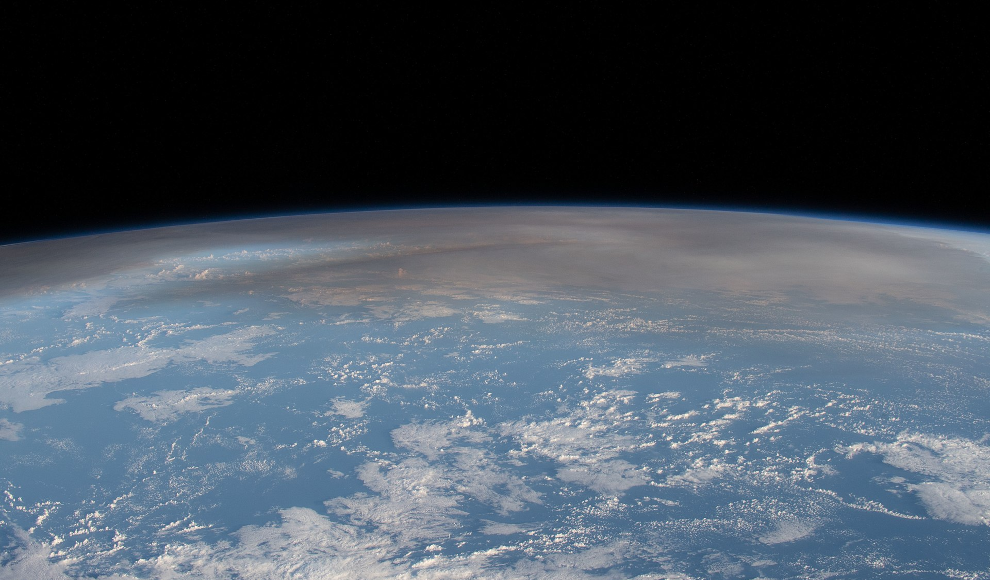A new study by Chinese scientists has revealed that the cooling effect of the Tonga volcanic eruption on the global climate has been overestimated. The eruption of the underwater volcano, Hunga Tonga-Hunga Ha’apai, a few weeks ago, was measured by NASA to have the power of several hundred Hiroshima atomic bombs. As a portion of the massive cloud of gas and ash reached the stratosphere, scientists believed that the volcanic eruption would reduce the sun’s radiation on Earth, causing a temporary global cooling. It was estimated that the atomic mushroom-like ash cloud of the volcano would cause the Earth’s temperature to drop by 0.03 to 0.1 degrees Celsius in the next one to two years. However, a study published by the Chinese Academy of Sciences (CAS) shows that the impact of the volcanic eruption on the Earth’s surface temperature will be significantly lower.
According to the publication in the Advances in Atmospheric Sciences journal, a cooling of 0.004 degrees Celsius is realistic instead of the expected 0.03 to 0.1 degrees Celsius in the coming years. The authors explain that the effect of the volcanic eruption was overestimated because it occurred on the southern hemisphere of the planet. This leads to less global cooling than a volcano that would have caused similar emissions in the northern hemisphere or the tropics, like the Hunga Tonga-Hunga Ha’apai. Computer models of the scientists show that the temperature will decrease globally by an average of 0.004 degrees Celsius in the first year after the volcanic eruption. This primarily affects the southern hemisphere, with parts of South America and Australia being particularly affected, where the temperature is expected to drop by 0.01 degrees Celsius.
The researchers conclude that the volcano will have no significant effect on the global climate if it remains dormant and does not emit any more dust into the stratosphere. The study highlights the importance of accurate measurements and computer models in predicting the impact of natural disasters on the environment.










